Artificial Intelligence (AI) is no longer a concept confined to science fiction. It has seamlessly integrated into various facets of our daily lives, driving unprecedented advancements and creating new opportunities. As we look toward the future, the transformative potential of AI is both exciting and challenging. In this blog, we explore how AI is set to revolutionize the world across different sectors and the implications of these changes.
How artificial intelligence is transforming the world
The Evolution of AI
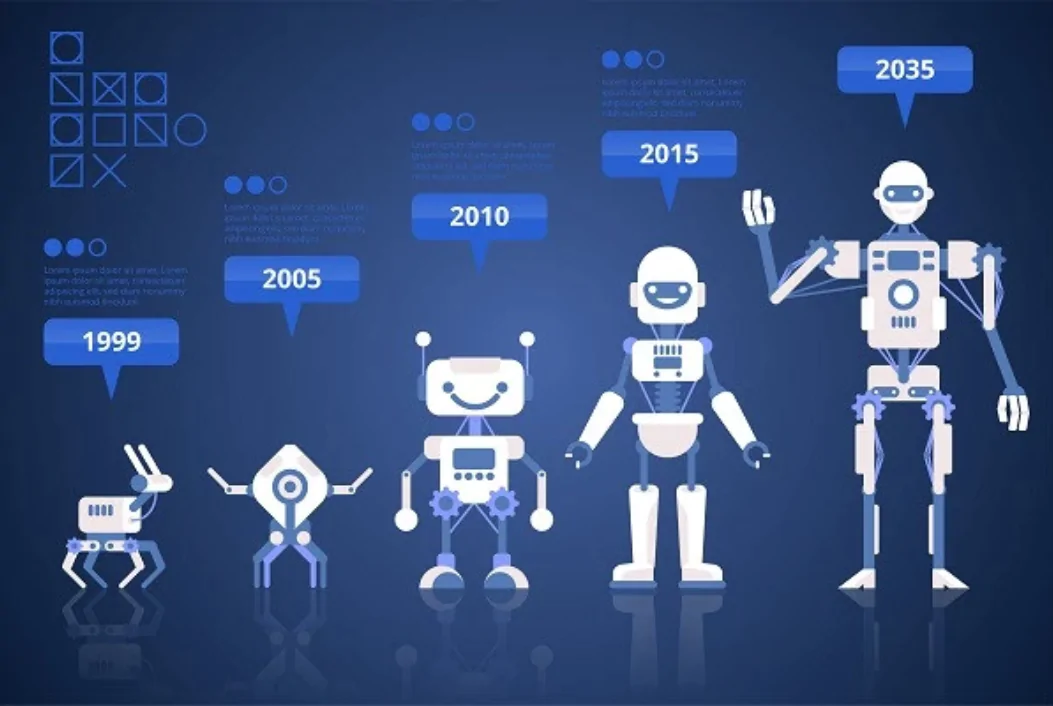
AI has come a long way since its inception. Initially, AI research focused on rule-based systems and simple machine learning algorithms. However, with advancements in computational power, the availability of big data, and improvements in algorithms, AI has evolved significantly. Today, AI encompasses deep learning, natural language processing, computer vision, and more. These technologies enable machines to learn from data, understand human language, recognize images, and make complex decisions.
The journey from early AI systems to today’s sophisticated models has been marked by milestones such as IBM’s Deep Blue defeating chess grandmaster Garry Kasparov, the development of autonomous vehicles, and AI systems like GPT-3 generating human-like text. This evolution sets the stage for even more groundbreaking innovations in the future.
How AI Will Impact the Future
AI’s impact on the future is expected to be profound and multifaceted. Here are some key areas where AI will make significant changes:
1. Healthcare Revolution
AI’s impact on healthcare is already profound, and the future promises even more dramatic transformations. With AI-driven diagnostics, personalized medicine, and robotic surgeries, the accuracy and efficiency of medical treatments are expected to soar. Machine learning algorithms can analyze vast amounts of medical data to predict disease outbreaks, personalize treatment plans, and even assist in complex surgeries with robotic precision. For instance, AI-powered imaging systems can detect cancers and other diseases at stages earlier than ever possible, potentially saving millions of lives.
2. Transforming Transportation
The transportation sector is on the brink of a revolution with the advent of autonomous vehicles. Self-driving cars, trucks, and drones promise to reduce traffic accidents, lower transportation costs, and increase efficiency. AI will enable smart traffic management systems that can alleviate congestion and reduce commute times. Additionally, AI in logistics can optimize supply chain processes, ensuring faster and more reliable delivery of goods.
3. Enhancing Education
AI is set to transform education by providing personalized learning experiences for students. Adaptive learning platforms can assess a student’s strengths and weaknesses, offering customized resources and exercises to enhance their learning journey. AI tutors can provide additional support, especially in areas where human resources are scarce. Furthermore, AI can help educators by automating administrative tasks, allowing them to focus more on teaching and mentoring.
4. Economic and Workforce Impact
The integration of AI into the workforce will undoubtedly bring about significant economic changes. While AI can lead to job displacement in some sectors, it will also create new opportunities and roles that we can’t yet fully envision. The key to harnessing AI’s potential lies in reskilling and upskilling the workforce to adapt to these changes. Industries such as finance, manufacturing, and customer service will see increased efficiency and productivity through AI-driven automation and decision-making tools.
5. Ethical and Social Considerations
As AI continues to evolve, ethical and social considerations will become increasingly important. Issues such as data privacy, algorithmic bias, and the ethical use of AI in decision-making processes must be addressed. Developing transparent and fair AI systems will be crucial in ensuring that the benefits of AI are distributed equitably across society. Policymakers, technologists, and ethicists must collaborate to create regulations and guidelines that protect individuals while fostering innovation.
6. Environmental Sustainability
AI can play a pivotal role in addressing environmental challenges. Through advanced data analytics and predictive modeling, AI can optimize energy usage, reduce waste, and enhance conservation efforts. For example, AI algorithms can manage smart grids to balance electricity supply and demand, reducing energy consumption and greenhouse gas emissions. In agriculture, AI can help optimize irrigation, monitor crop health, and increase yields, contributing to more sustainable food production practices.
7. Enhancing Human Capabilities
AI has the potential to augment human capabilities in ways we are just beginning to understand. From AI-powered prosthetics that provide mobility to individuals with disabilities to brain-computer interfaces that could one day allow us to control devices with our thoughts, the possibilities are endless. These advancements will not only improve quality of life but also push the boundaries of human potential.
What Industries Will AI Impact the Most?
AI is poised to transform numerous industries. Some of the most impacted sectors include:
-
Healthcare: AI will revolutionize diagnostics, treatment planning, and patient care. Predictive analytics, personalized medicine, and robotic surgeries are just a few examples of AI’s potential in healthcare.
-
Transportation: Autonomous vehicles, smart traffic management, and AI-driven logistics will reshape transportation, making it safer, more efficient, and cost-effective.
-
Education: AI will provide personalized learning experiences, automate administrative tasks, and offer additional support to students and educators.
-
Finance: AI algorithms will enhance fraud detection, automate trading, and provide personalized financial advice, transforming the finance industry.
-
Manufacturing: AI-driven automation, predictive maintenance, and supply chain optimization will increase efficiency and productivity in manufacturing.
-
Retail: AI will revolutionize customer service, inventory management, and personalized marketing in the retail sector.
Learn more about impact of Artificial Intelligence in Biometric Field
Risks and Dangers of AI
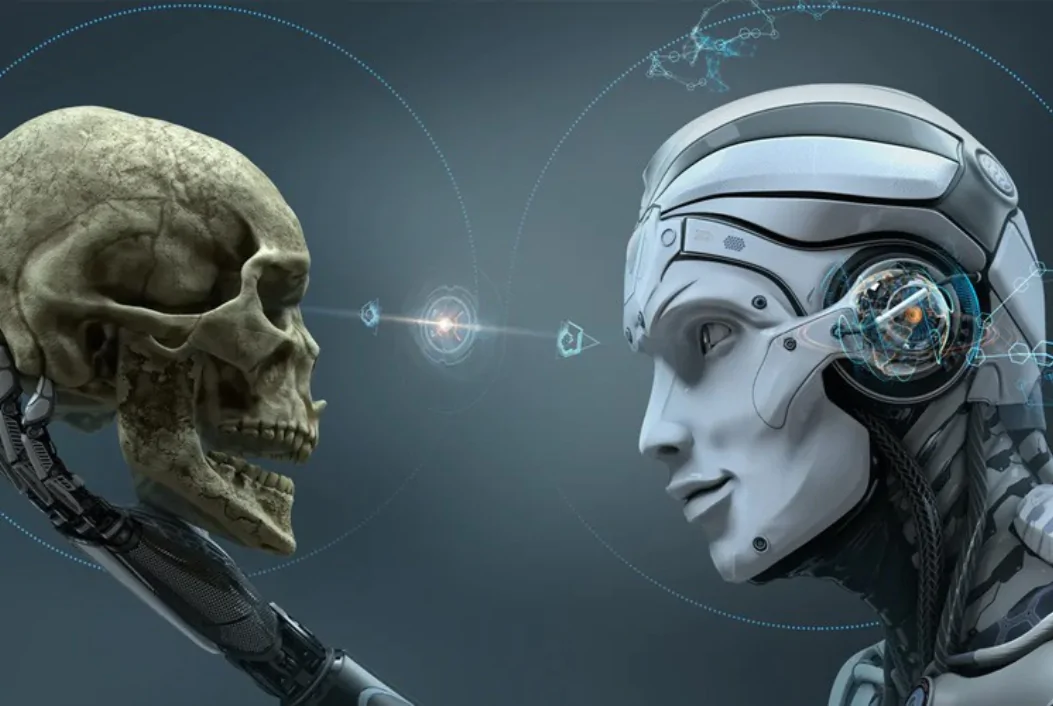
While the potential benefits of AI are immense, it is crucial to address the risks and dangers associated with its development and deployment:
-
Job Displacement: AI-driven automation could lead to job displacement in various sectors. It is essential to focus on reskilling and upskilling the workforce to adapt to these changes.
-
Algorithmic Bias: AI systems can perpetuate and even amplify existing biases in data, leading to unfair and discriminatory outcomes. Ensuring fairness and transparency in AI algorithms is critical.
-
Data Privacy: The extensive use of data by AI systems raises significant privacy concerns. Protecting individuals’ data and ensuring secure data handling practices are vital.
-
Ethical Considerations: The ethical use of AI in decision-making processes, particularly in areas like law enforcement and surveillance, must be carefully monitored to prevent misuse.
-
Security Threats: AI systems can be vulnerable to cyberattacks and other security threats. Developing robust security measures is essential to protect AI infrastructure.
-
Loss of Human Control: As AI systems become more autonomous, there is a risk of losing human control over critical decisions. Establishing clear guidelines and oversight mechanisms is necessary to maintain control.
Conclusion
The future of AI is a landscape filled with endless possibilities and challenges. As we stand on the brink of this new era, it is imperative to approach AI development with a balanced perspective, ensuring that its benefits are maximized while mitigating potential risks. By fostering collaboration between governments, industries, and academia, we can pave the way for an AI-driven future that enhances the human experience and drives sustainable progress for all. The journey of AI is just beginning, and its potential to change the world is boundless.
Learn more about AI Tools
FAQ
1. What is Artificial Intelligence (AI)?
AI refers to the simulation of human intelligence in machines programmed to think, learn, and perform tasks typically requiring human intelligence. This includes activities such as visual perception, speech recognition, decision-making, and language translation.
2. How has AI evolved over time?
AI has evolved from simple rule-based systems to complex algorithms capable of deep learning, natural language processing, and computer vision. Key milestones include IBM’s Deep Blue defeating chess grandmaster Garry Kasparov, advancements in autonomous vehicles, and the development of AI systems like GPT-3 that can generate human-like text.
3. How will AI impact healthcare in the future?
AI will revolutionize healthcare through advanced diagnostics, personalized medicine, and robotic surgeries. Machine learning algorithms can predict disease outbreaks, personalize treatment plans, and assist in complex surgeries with greater precision.
4. What changes will AI bring to transportation?
Artificial Intelligence will lead to the widespread adoption of autonomous vehicles, smart traffic management systems, and optimized logistics. This will reduce traffic accidents, lower transportation costs, and increase efficiency.
5. How will Artificial Intelligence transform education?
AI will provide personalized learning experiences, automate administrative tasks, and offer additional support to students and educators. Adaptive learning platforms and AI tutors will cater to individual student needs, enhancing the overall educational experience.
6. Which industries will Artificial Intelligence impact the most?
AI will have a significant impact on healthcare, transportation, education, finance, manufacturing, and retail. These sectors will experience increased efficiency, productivity, and innovation driven by Artificial Intelligence technologies.
7. What are the potential risks and dangers of AI?
The risks and dangers of AI include job displacement, algorithmic bias, data privacy concerns, ethical issues, security threats, and the potential loss of human control over autonomous systems. Addressing these risks requires careful regulation and ethical guidelines.
8. How can we mitigate the risks associated with AI?
Mitigating Artificial Intelligence risks involves focusing on reskilling and upskilling the workforce, ensuring fairness and transparency in AI algorithms, protecting data privacy, monitoring ethical use, developing robust security measures, and establishing clear oversight mechanisms.
9. How will AI contribute to environmental sustainability?
AI can optimize energy usage, reduce waste, and enhance conservation efforts. For example, Artificial Intelligence algorithms can manage smart grids, optimize irrigation in agriculture, and monitor crop health, contributing to more sustainable practices.
10. What is the future potential of AI in enhancing human capabilities?
AI has the potential to augment human capabilities through AI-powered prosthetics, brain-computer interfaces, and other advancements. These innovations will improve quality of life and push the boundaries of human potential.
11. How can society prepare for an AI-driven future?
Preparing for an AI-driven future requires collaboration between governments, industries, and academia to develop regulations, guidelines, and educational programs. Fostering a balanced perspective on Artificial Intelligence development ensures that its benefits are maximized while mitigating potential risks.
12. What ethical considerations are important in AI development?
Ethical considerations in Artificial Intelligence development include ensuring fairness, transparency, and accountability in AI systems, protecting data privacy, preventing algorithmic bias, and making ethical decisions in areas such as law enforcement and surveillance. Collaboration among technologists, policymakers, and ethicists is crucial in addressing these issues.
13. How can Artificial Intelligence improve quality of life?
AI can improve quality of life by enhancing healthcare outcomes, providing personalized education, optimizing transportation systems, and augmenting human capabilities. These advancements will lead to safer, more efficient, and more personalized experiences in various aspects of daily life.
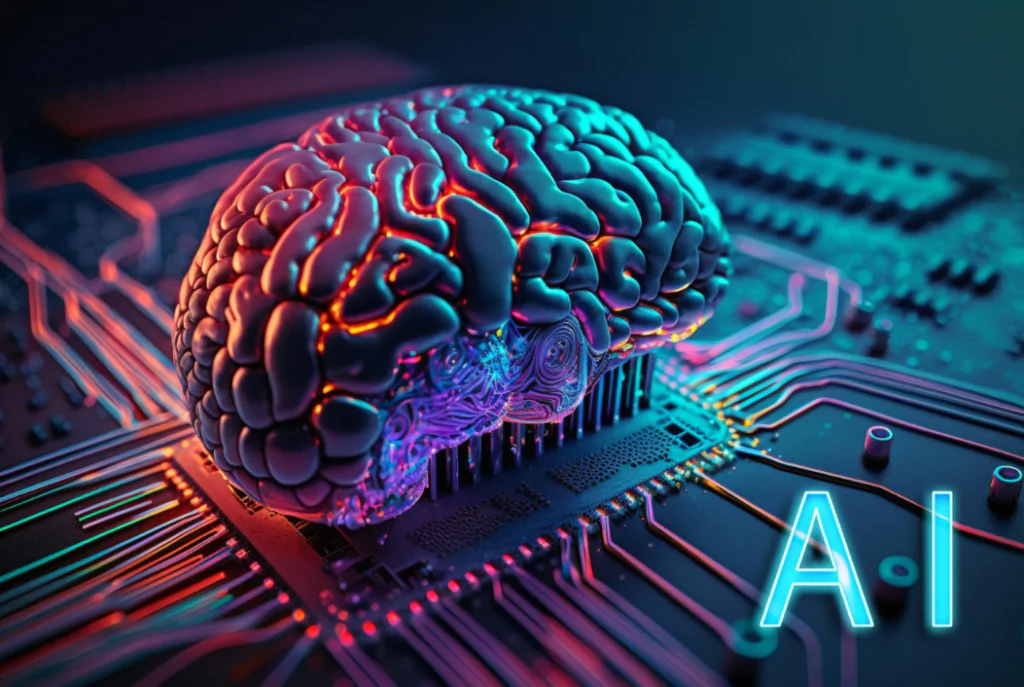
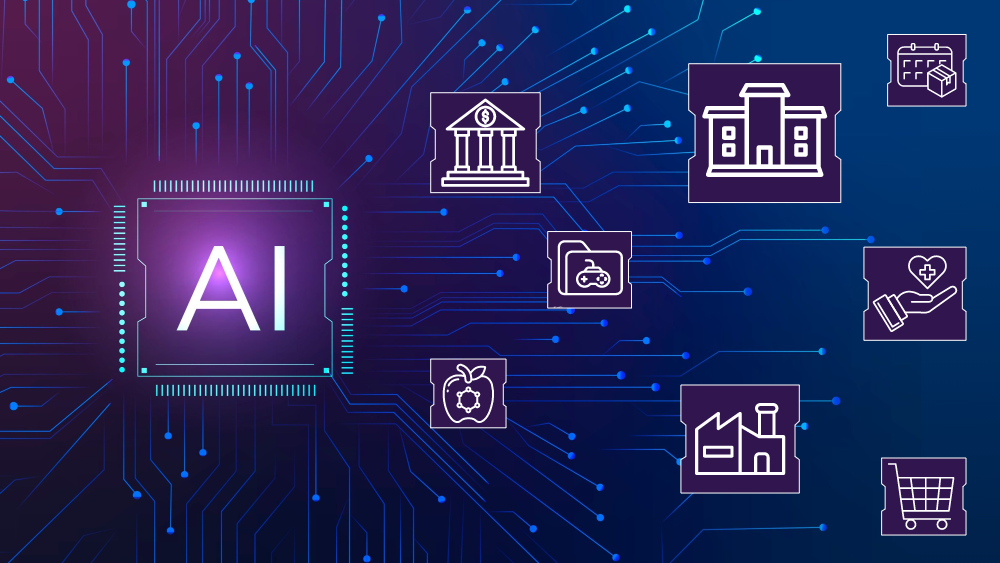
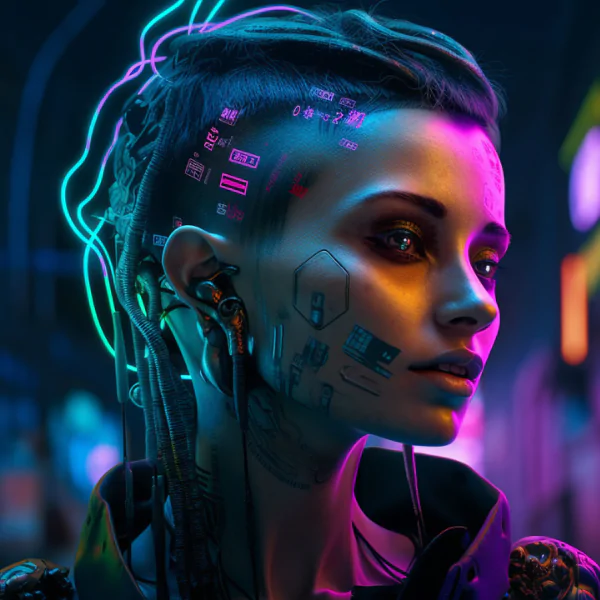
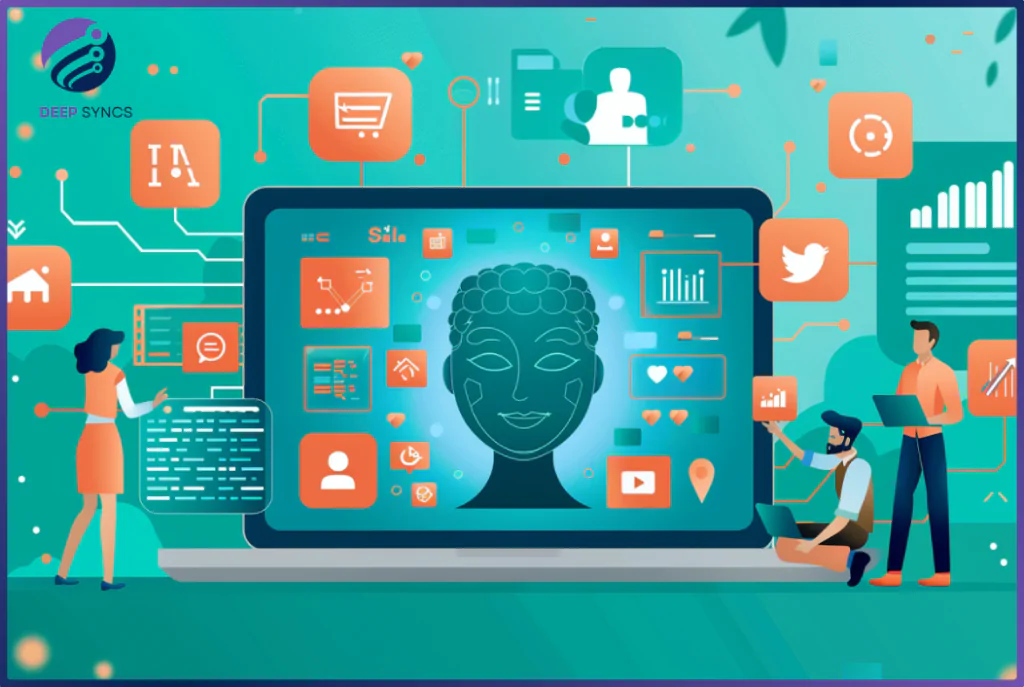
Your work has captivated me just as much as it has captivated you. The visual presentation is elegant, and the written content is sophisticated. However, you appear concerned about the possibility of presenting something that could be considered dubious. I’m confident you’ll be able to resolve this issue promptly.
I like this web blog it’s a master piece! Glad I noticed
this ohttps://69v.topn google.Raise blog range